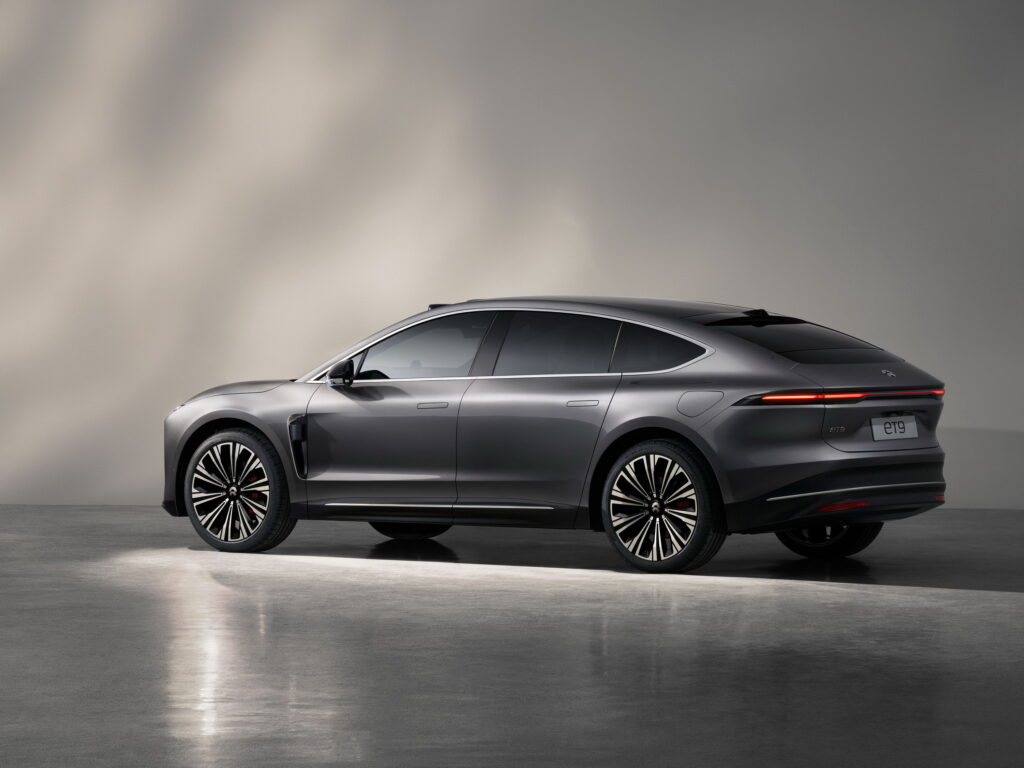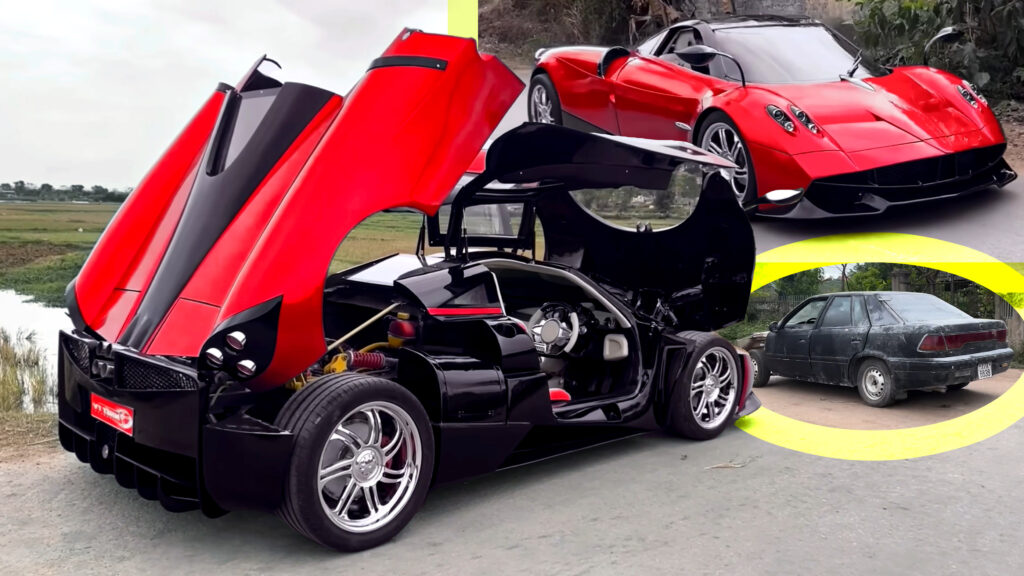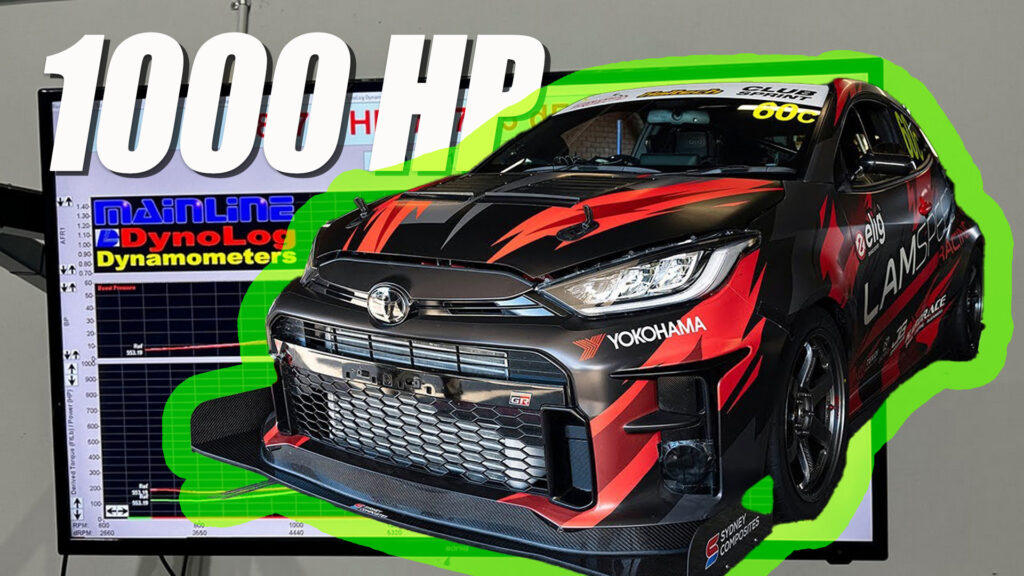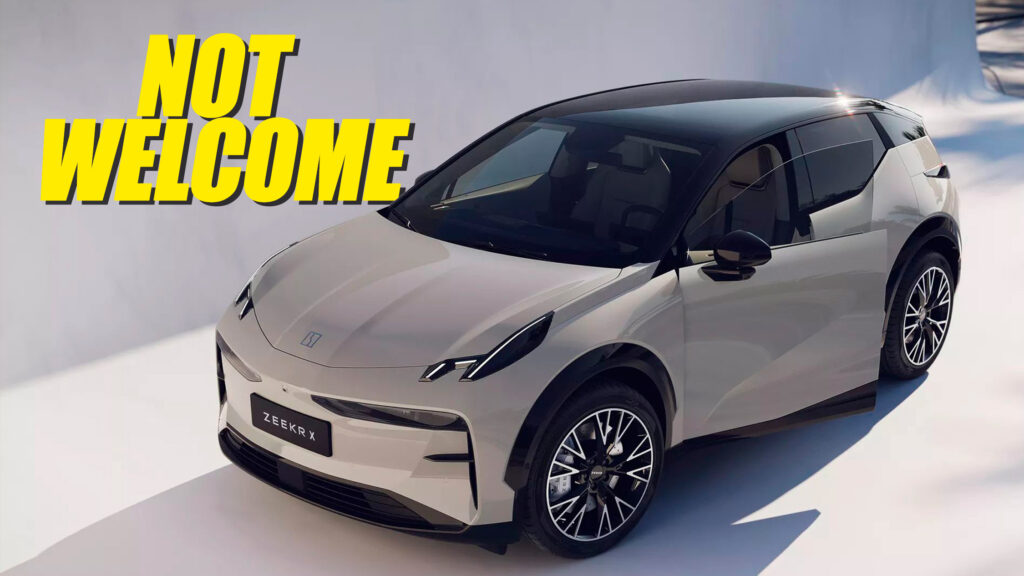- The Biden administration is increasing tariffs on Chinese EVs from 25% to 100%.
- Batteries from China will also be hit with 25% tariffs.
- The U.S. Trade Representative has opened a 30-day period for public comment about the tariffs.
Steep new tariffs on Chinese imports into the U.S., including electric vehicles, will take effect on August 1 in a move the Biden administration says will protect local jobs.
President Joe Biden is retaining many of the tariffs put in place by Donald Trump and increasing others. For example, tariffs on imported Chinese vehicles will grow from 25% to 100%. This includes BEVs of all sizes, as well as plug-in hybrids.
Read: Biden Quadruples Chinese EV Tariffs to 100%
Batteries from China will also be hit with pricey tariffs. For example, the duty on batteries will rise from 7.5% to 25% and are due to start on January 1, 2026. Tariffs of 50% will also be enforced on semiconductors from January 1, 2025, while various tariffs have been levied against critical minerals used in batteries, jumping to 25% from August 1, 2024.
The U.S. Trade Representative will open a 30-day period for public comment to close on June 28.
Speaking with Reuters, U.S. Trade Representative Katherine Tai said the new tariffs were justified as China is stealing U.S. intellectual property.
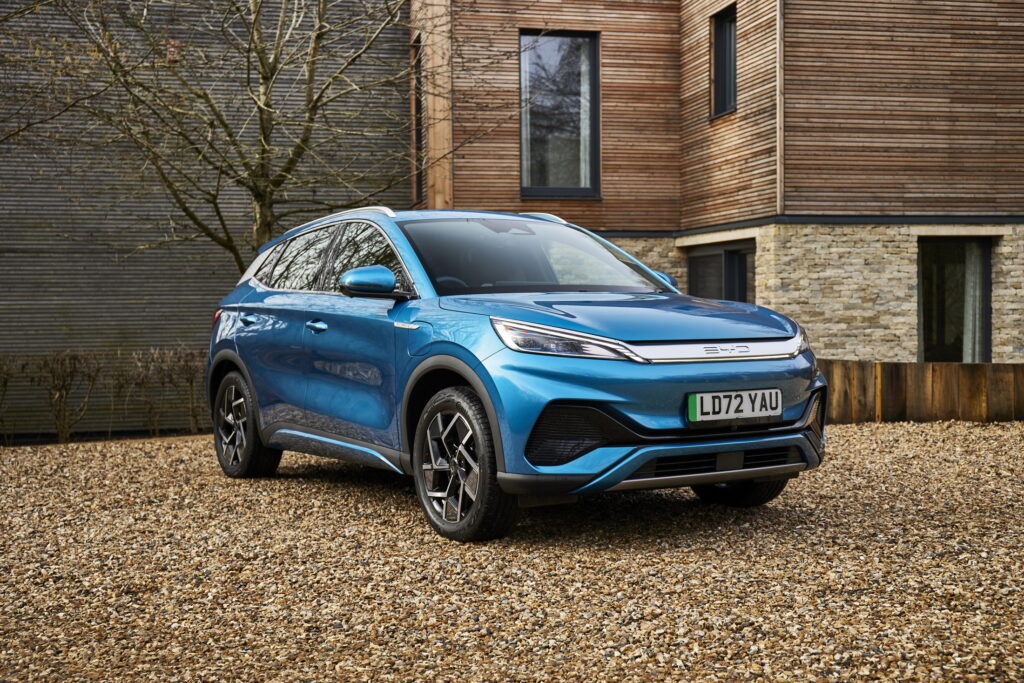
China isn’t happy about the tariffs. Earlier this week, the Chinese Embassy in Washington said the tariff hike “will not only disrupt normal economic and trade cooperation between China and the U.S., but also significantly drive up the cost of imported goods, inflict more loss on American companies and consumers, and make the U.S. consumers pay even more.”
The United States imported $427 billion in goods from China in 2023, significantly more than the $148 billion in goods that China imported from the U.S. The Chinese government has signaled it will hit imported cars with large engines with tariffs as high as 25% in response to the U.S. tariffs.
New tariffs introduced by the Biden administration make it really difficult for Chinese EV manufacturers to sell their vehicles directly in the U.S. However, it doesn’t prevent these companies from potentially setting up local factories in Mexico and exporting them from there.
